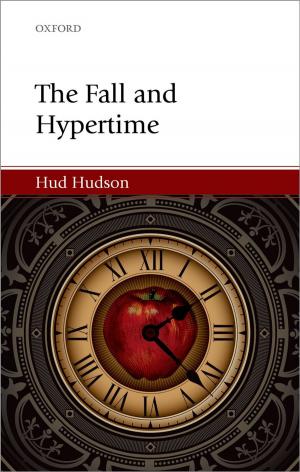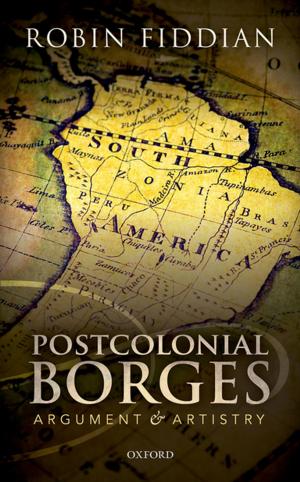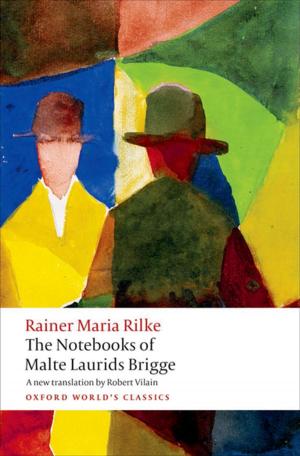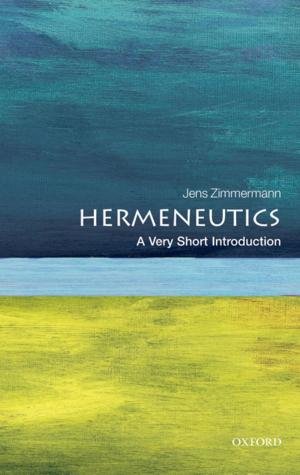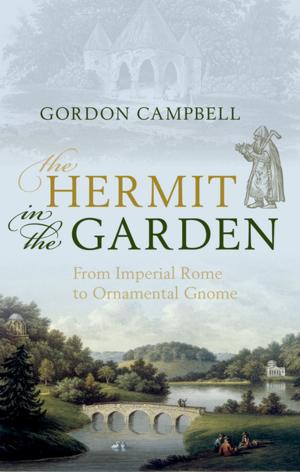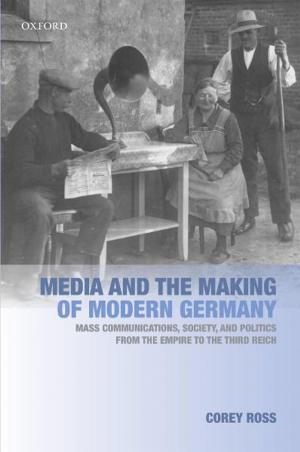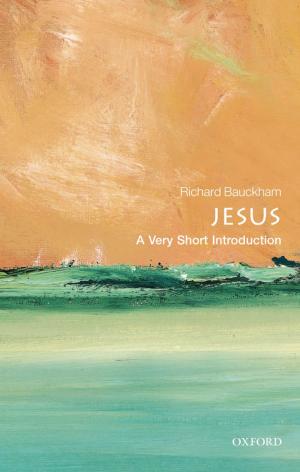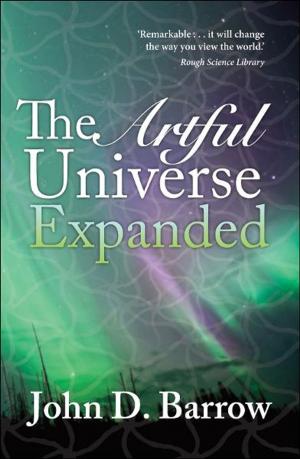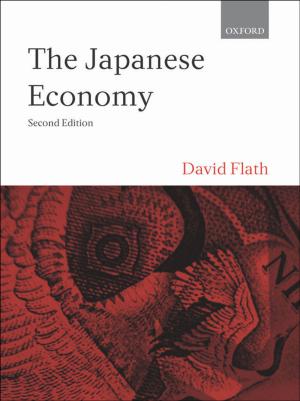After Modernity
Archaeological Approaches to the Contemporary Past
Nonfiction, Social & Cultural Studies, Social Science, Archaeology, History| Author: | Rodney Harrison, John Schofield | ISBN: | 9780191613883 |
| Publisher: | OUP Oxford | Publication: | July 22, 2010 |
| Imprint: | OUP Oxford | Language: | English |
| Author: | Rodney Harrison, John Schofield |
| ISBN: | 9780191613883 |
| Publisher: | OUP Oxford |
| Publication: | July 22, 2010 |
| Imprint: | OUP Oxford |
| Language: | English |
This book summarizes archaeological approaches to the contemporary past, and suggests a new agenda for the archaeology of late modern societies. The principal focus is the archaeology of developed, de-industrialized societies during the second half of the twentieth century and the beginning of the twenty-first. This period encompasses the end of the Cold War and the beginning of the 'internet age', a period which sits firmly within what we would recognize to be a period of 'lived and living memory'. Rodney Harrison and John Schofield explore how archaeology can inform the study of this time period and the study of our own society through detailed case studies and an in-depth summary of the existing literature. Their book draws together cross-disciplinary perspectives on contemporary material culture studies, and develops a new agenda for the study of the materiality of late modern societies.
This book summarizes archaeological approaches to the contemporary past, and suggests a new agenda for the archaeology of late modern societies. The principal focus is the archaeology of developed, de-industrialized societies during the second half of the twentieth century and the beginning of the twenty-first. This period encompasses the end of the Cold War and the beginning of the 'internet age', a period which sits firmly within what we would recognize to be a period of 'lived and living memory'. Rodney Harrison and John Schofield explore how archaeology can inform the study of this time period and the study of our own society through detailed case studies and an in-depth summary of the existing literature. Their book draws together cross-disciplinary perspectives on contemporary material culture studies, and develops a new agenda for the study of the materiality of late modern societies.



